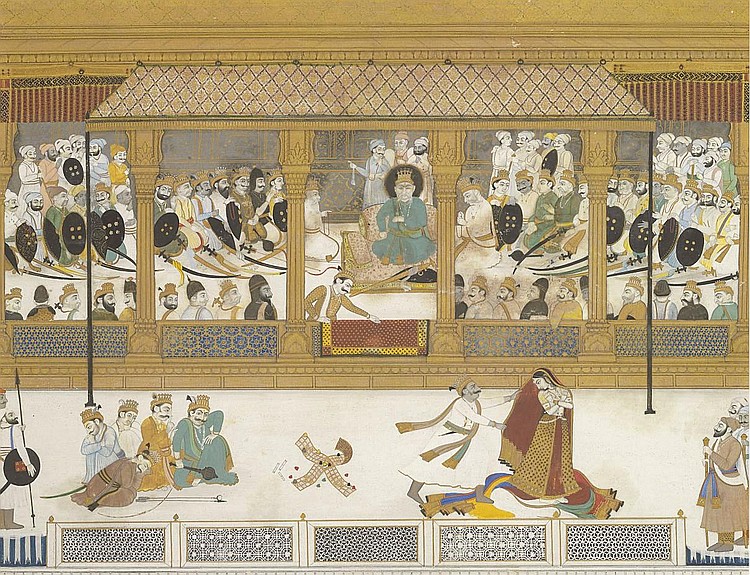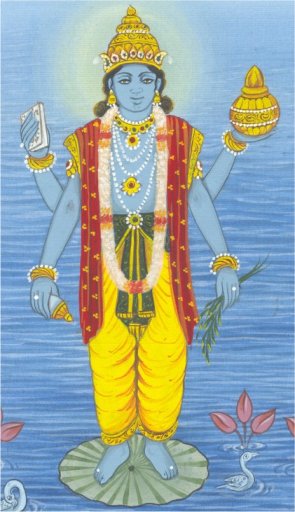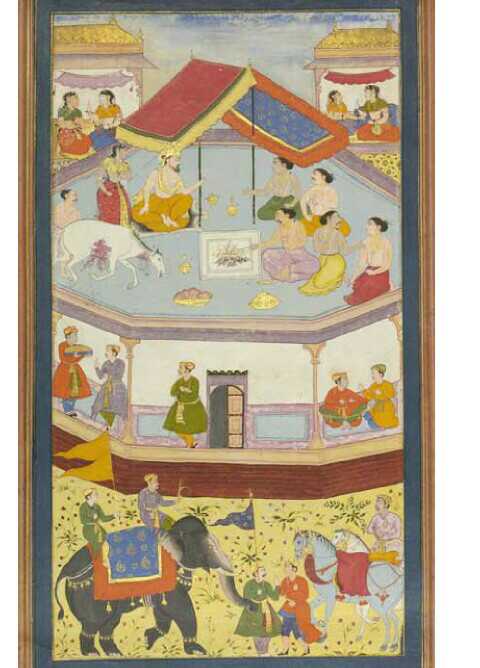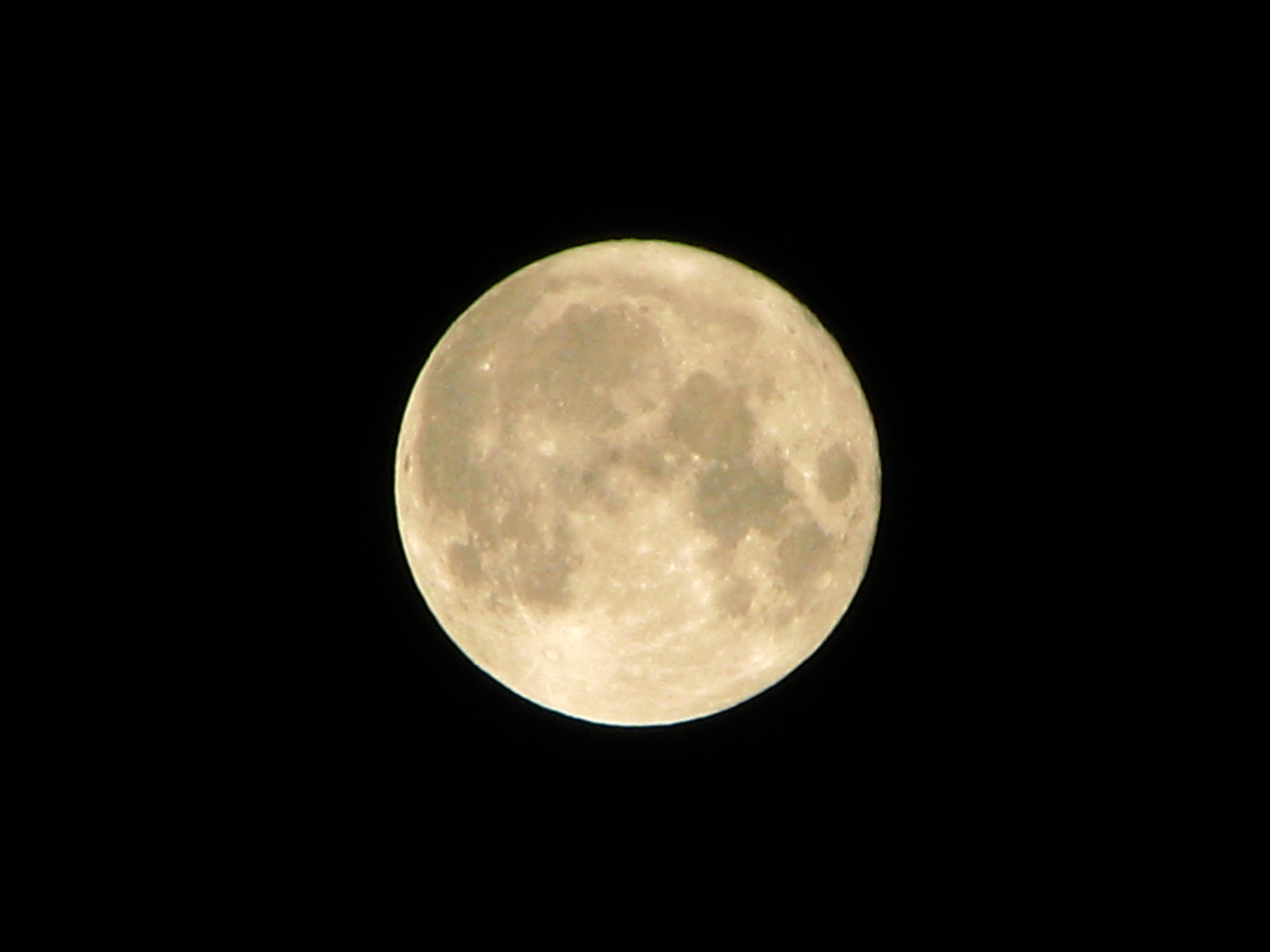|
Divodasa
Divodāsa Vādhryāśva, was an Indo-Aryan, king of the Bharatas during the main or middle Rigvedic period (celebrated for his liberality and protected by Indra and the Ashvins in the Rigveda, RV 1.112.14; 1.116.18), the son of Vadhryaśva RV 6.61.5. Further, the Mandala 9 of Rigveda mentions Divodasa thus: " ndraSmote swiftly forts, and Sambara, then Yadu and that Turvasha, for pious Divodasa's sake." RV 9.61.2. Another telling of the same conflict with Sambara from Mandala 4 names him with the epithet of ''Atithigva'', as shown: "I ndra in my exhilaration, broke apart all at once the nine and ninety fortresses of Śambara, and the hundredth, his dwelling place, to complete it, when I helped Divodāsa Atithigva." RV 4.26.3. He is the father of the famous king Sudas (RV 7.18.25) (of the Battle of the Ten Kings). Pijavana is the other name of Divodasa according to Rigveda. His son, Pratardana, is mentioned in the Kaushitaki Upanishad. He was invited in the Ashwamedh ... [...More Info...] [...Related Items...] OR: [Wikipedia] [Google] [Baidu] |
Sudas
''For other uses, see Suda (other) and Souda (other) Sudās Paijavana was an Indo-Aryan tribal king of the Bharatas, during the main or middle Rigvedic period (c. 14th century BCE). He led his tribe to victory in the Battle of the Ten Kings near the Paruṣṇī (modern Ravi River) in Punjab, defeating an alliance of the powerful Puru tribe with other tribes, for which he was eulogized by his purohita Vashistha in a hymn of the Rigveda. His victory established the ascendency of the Bhārata clan, allowing them to move eastwards and settle in Kurukshetra, paving the way for the emergence of the Kuru "super-tribe" or tribal union, which dominated northern India in the subsequent period. Family Sudās' ancestors include Pijavana, Divodāsa Atithigva, and Devavant, although scholars disagree regarding the order of these ancestors chronologically. According to Witzel, Divodāsa was the father of Sudās, but he includes Pijavana on the grid of Bharata ... [...More Info...] [...Related Items...] OR: [Wikipedia] [Google] [Baidu] |
Characters In The Mahabharata
The '' Mahabharata'' is one of the two major Sanskrit epics of ancient India composed by Veda Vyasa. At its heart lies the epic struggle between the Pandavas and the Kauravas. The central characters include the five Pandava brothers— Yudhishthira, Bhima, Arjuna, Nakula, and Sahadeva—along with their wife Draupadi. On the opposing side, the hundred Kaurava brothers are led by the elder brother, Duryodhana. However, the ''Mahabharata'' is richly populated with other notable figures including Krishna, Bhishma, Drona, Karna, Kunti, Dushasana, Kripa, Dhritrashtra, Gandhari, Shakuni, Ashwatthama, Balarama, Subhadra, Vyasa, Abhimanyu, Pandu, Satyavati and Amba. The ''Mahabharata'' manuscripts exist in numerous versions, wherein the specifics and details of major characters and episodes vary, often significantly. Except for the sections containing the ''Bhagavad Gita'' which is remarkably consistent between the numerous manuscripts, the rest of the epic exists in ... [...More Info...] [...Related Items...] OR: [Wikipedia] [Google] [Baidu] |
Pratardana
Pratardana () is a king of the Chandravamsha (Lunar dynasty) featured in Hindu literature. He is also called Dyuman, Shatrujit, Vatsa, Rithadhvaja, and Kuvalayashva. He is the son of King Divodasa of Kashi and Madhavi, the daughter of King Yayati. He is the father of Ashtaka. Legend Ramayana Pratardana is depicted as an ally of Rama in the Ramayana, and is described to have been praised by the avatara of Vishnu for assisting Bharata in the arrangements of his coronation ceremony. A tale based in the narrative of the Ramayana states that once, Pratardana made preparations to travel to Ayodhya to pay his respects to King Rama. He encountered Sage Narada during this journey. Narada made the king promise that he would not offer obeisance to Sage Vishvamitra at Rama's court. Pratardana acted accordingly when he arrived at the court. Vishvamitra grew furious at the lack of respect shown to him, and complained to Rama. Angered, Rama removed three arrows from his quiver and vowed ... [...More Info...] [...Related Items...] OR: [Wikipedia] [Google] [Baidu] |
Dhanvantari
Dhanvantari () is the physician of the devas in Hinduism. He is regarded as an avatar of Vishnu. He is mentioned in the Puranas as the god of Ayurveda. During his incarnation on earth, he reigned as the King of Kashi, today locally referred to as Varanasi. Dhanvantari is also identified as the great-grandfather of Divodasa, the King of Kashi mentioned in the Vishnu Purana who is known as the father of surgery in Ayurveda. Iconography According to the ancient Sanskrit work ''Vishnudharamottara'', Dhanvantari is a handsome individual and is to usually be depicted with four hands, with one or two of them carrying a bowl of amrita, the elixir of immortality. Dhanvantari is depicted in a stark resemblance to Vishnu, with four hands, holding the shankha, chakra, jalauka (herb), and a pot containing amrita. He is often shown with a leech in his hand rather than the scriptures, symbolism for the historical practice of bloodletting. Some texts describe him as holding a conch, amr ... [...More Info...] [...Related Items...] OR: [Wikipedia] [Google] [Baidu] |
Bharatas (Vedic Tribe)
The Bharatas were an early Vedic that existed in the latter half of the second millennium B.C.E. The earliest mentioned location of the Bharatas was on the Sarasvatī River. Led by the tribal king Divodāsa, the Bharatas moved through the Hindu Kush mountains and defeated Śambara. Divodāsa's descendant, Sudās, won the Battle of the Ten Kings against a Pūru-led coalition, after which the initial compilation of hymns of the R̥gveda was carried out. After the battle, the Bharatas and other Pūru clans eventually formed the Kuru kingdom, which was the first attested state in Indian history. Etymology The name ''Bharata'' is of Indo-Aryan and Indo-Iranian origin, meaning "bearers" or "carriers". History Two Bharatas, Devaśravas Bhārata and Devavāta Bhārata, are mentioned as living near the Āpayā, Sarasvatī and Dr̥ṣadvatī rivers. Devavāta's son, Sṛñjaya Daivavāta, defeated the Turvaśas, and is mentioned alongside Abhyāvartin Cāyamāna who defeate ... [...More Info...] [...Related Items...] OR: [Wikipedia] [Google] [Baidu] |
Shambara
Shambara (), also known as Shambarasura () is an asura featured in Hindu mythology. He abducted the infant Pradyumna, the son of Krishna and Rukmini, and attempted to drown him. Pradyumna was raised by Mayavati (Rati), Shambarasura's cook, and the consort of the deity's true form of Kamadeva. After eventually growing up, Pradyumna killed Shambarasura and returned to his family in Dvaraka, along with his consort. Legend Kamadeva was burnt to ashes formerly by Shiva's anger. Kamadeva was later born as Pradyumna, the son of Krishna and Rukmini. The asura Shambarasura learned of the prophecy that Pradyumna was born to kill him. Shambarasura came to the palace of Dvaraka in the disguise of a woman, took away Pradyumna, who was hardly ten days old at that time, and threw him into the ocean. Pradyumna was swallowed by a large fish. Shambarasura later bought the same fish from a fisherman. Mayavati, the incarnation of Rati, who worked in Shambarasura's kitchen as a cook, found Pradyumna ... [...More Info...] [...Related Items...] OR: [Wikipedia] [Google] [Baidu] |
Pururavas
Pururavas (Sanskrit: पुरूरवस्, ''Purūravas'') is a character in Hindu literature, a king who served as the first of the Lunar dynasty. According to the Vedas, he is a legendary entity associated with Surya (the sun) and Usha (the dawn), and is believed to reside in the middle region of the cosmos. The Rig Veda (X.95.18) states that he was a son of Ilā and was a pious ruler. However, the ''Mahabharata'' states that Ila was both his mother and his father. According to the ''Vishnu Purana'', his father was Budha, and he was ancestor of the tribe of Pururavas, from whom descended the Yadavas, Kauravas, and Pandavas of Mahābhārata. Legends Birth and early life Pururavas was born in Treta Yuga, as the son of Budha and Ila. Budha was the son of Chandra, the moon god, and thus Pururavas was the first Chandravamsha King. Since he was born on Mount Puru, he was called Pururavas. Reign According to the Puranas, Pururavas reigned from Pratisthana (Prayaga). He perfo ... [...More Info...] [...Related Items...] OR: [Wikipedia] [Google] [Baidu] |
Ashwamedha
The Ashvamedha () was a horse sacrifice ritual followed by the Śrauta tradition of Vedic religion. It was used by ancient Indian kings to prove their imperial sovereignty: a horse accompanied by the king's warriors would be released to wander for a year. In the territory traversed by the horse, any rival could dispute the king's authority by challenging the warriors accompanying it. After one year, if no enemy had managed to kill or capture the horse, the animal would be guided back to the king's capital. It would be then sacrificed, and the king would be declared as an undisputed sovereign. The ritual is recorded as being held by many ancient rulers, but apparently only by two in the last thousand years. The most recent ritual was in 1741, the second one held by Maharajah Jai Singh II of Jaipur. The original Vedic religion had evidently included many animal sacrifices, as had the various folk religions of India. Brahminical Hinduism had evolved opposing animal sacrifices, ... [...More Info...] [...Related Items...] OR: [Wikipedia] [Google] [Baidu] |
Chandra
Chandra (), also known as Soma (), is the Hindu god of the Moon, and is associated with the night, plants and vegetation. He is one of the Navagraha (nine planets of Hinduism) and Dikpala (guardians of the directions). Etymology and other names The word "Chandra" literally means "bright, shining or glittering" and is used for the "Moon" in Sanskrit and other Indo-Aryan languages.''Graha Sutras'' by Ernst Wilhelm, published by Kala Occult Publishers p. 51 It is also the name of various other figures in Hindu mythology, including an asura and a Suryavamsha king. It is also a common Indian name and surname. Both male and female name variations exist in many South Asian languages that originate from Sanskrit. Some of the synonyms of Chandra include ''Soma'' (distill), ''Indu'' (bright drop), ''Atrisuta'' (son of Atri), ''Shashin'' or ''Shachin'' (marked by hare), ''Taradhipa'' (lord of stars) and ''Nishakara'' (the night maker), ''Nakshatrapati'' (lord of the Nakshatra), '' ... [...More Info...] [...Related Items...] OR: [Wikipedia] [Google] [Baidu] |
Atri
Atri or Attri is a Vedic sage, who is credited with composing numerous shlokas to Agni, Indra, and other Vedic deities of Hinduism. Atri is one of the Saptarishi (seven great Vedic sages) in the Hindu tradition, and the one most mentioned in the Rigveda. The fifth Mandala (Book 5) of the Rigveda is called the Atri Mandala in his honour, and the eighty seven shlokas in it are attributed to him and his descendants. Atri is also mentioned in the Puranas and the Hindu epics of the Ramayana and the Mahabharata. Legend Atri is one of the seven great Rishis or Saptarshi along with Agastya, Bhardwaja, Gautama, Jamadagni, Vashistha, and Vishvamitra. According to the legends of the Vedic era, sage Atri was married to Anasuya Devi. They had three sons, Dattatreya, Durvasa and Chandra. As per divine account, he is the last among the seven Saptarishis and is believed to have originated from the tongue. The wife of Atri was Anasuya, who is considered one of the seven female p ... [...More Info...] [...Related Items...] OR: [Wikipedia] [Google] [Baidu] |
Brahma
Brahma (, ) is a Hindu god, referred to as "the Creator" within the Trimurti, the triple deity, trinity of Para Brahman, supreme divinity that includes Vishnu and Shiva.Jan Gonda (1969)The Hindu Trinity, Anthropos, Bd 63/64, H 1/2, pp. 212–226.Jan Gonda (1969)The Hindu Trinity, Anthropos, Bd 63/64, H 1/2, pp. 218–219. He is associated with creation, knowledge, and the ''Vedas''. Brahma is prominently mentioned in Creation myth, creation legends. In some ''Puranas'', he created himself in a golden embryo known as the Hiranyagarbha. Brahma is frequently identified with the Rigvedic deities, Vedic god Prajapati.;David Leeming (2005), The Oxford Companion to World Mythology, Oxford University Press, , page 54, Quote: "Especially in the Vedanta Hindu Philosophy, Brahman is the Absolute. In the Upanishads, Brahman becomes the eternal first cause, present everywhere and nowhere, always and never. Brahman can be incarnated in Brahma, in Vishnu, in Shiva. To put it another way, eve ... [...More Info...] [...Related Items...] OR: [Wikipedia] [Google] [Baidu] |





